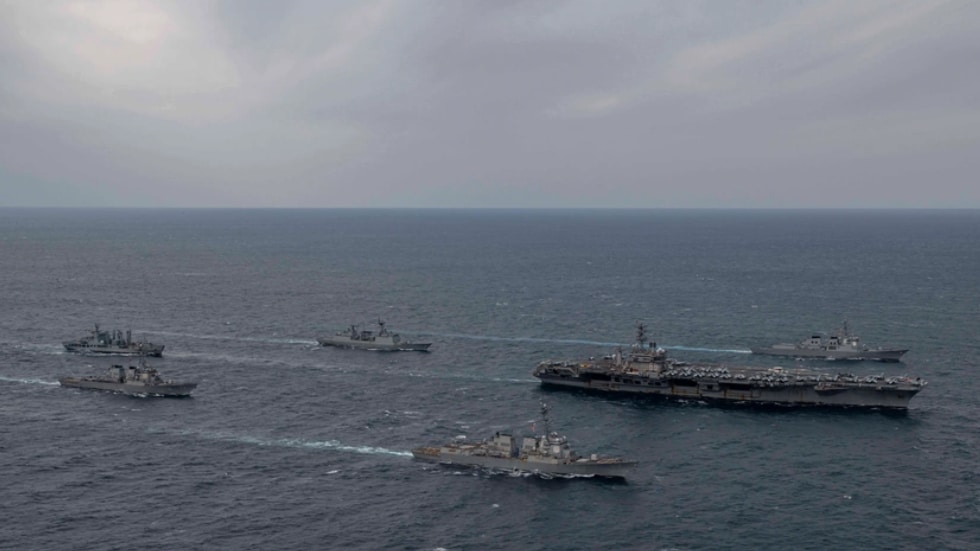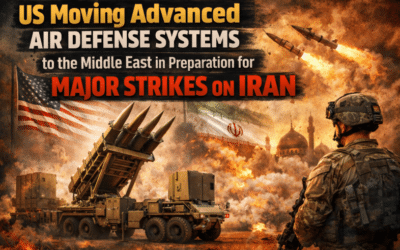Washington has kicked off anti-submarine drills off the coast of Korea with Seoul and Tokyo. The naval maneuvers have provoked Pyongyang to issue a warning that it could use nuclear weapons.
The two-day military exercises are being led by the USS Nimitz, a nuclear-powered aircraft carrier. The vessel was already in the region for the “Foal Eagle” war games with South Korea, the largest live-fire military drills the peninsula has seen in five years.
The DPRK said the Foal Eagle drills, which ran from March 13-23, pushed tensions so high that nuclear war was a “realistic“ possibility, and later carried out weapons tests in retaliation.
The current anti-submarine exercises began on the heels of Foal Eagle, and prompted a sharp rebuke from Pyongyang through an editorial in its state-run Korean Central News Agency (KCNA). “The US and its followers should never forget the fact that their rival state has possessed the nuclear attack capability in practice as well as the characteristics of the people and army of the DPRK which do not make empty talk,” the article said, adding “It will be quite clear how the DPRK’s nukes will be used if the war deterrence does not work on those who are running amok.”
A spokesman for the South Korean military said the drills would improve the three countries’ ability to detect, track and destroy North Korean underwater threats. A Japanese official said that the exercises are meant to promote trilateral cooperation to ”deal with regional security concerns, protect our shared security and prosperity and show the three countries’ commitment to strengthening the rule-based international order.”
Beijing later slammed the three-way war games, with Foreign Ministry spokesperson Mao Ning saying such drills are ”the main reason for the high tensions on the Korean peninsula,” instead calling on all sides to “create favorable conditions for the resumption of dialogue.”
Tensions on the peninsula are likely to continue to increase as Washington and Seoul announced plans to conduct their largest-ever live-fire war games in June. “The program is designed to showcase the ability of the two nations to materialize peace through strength via action, amid stern security situations arising from North Korea’s nuclear and missile threats,” the South Korean Defense Ministry said.
Pyongyang has repeatedly condemned US-led military drills on the peninsula as preparations for regime change, and has rejected Washington’s claim that the operations are merely defensive.
“This being a hard fact, those of the Defense and State departments of the US have parroted that the military drills with South Korea are defensive and routine ones that have lasted for a long time,” the KCNA editorial said. “But, they can never conceal with such veils as ‘defensive’ and ‘routine’ their aggressive colors as provocateurs and the fact that the current exercises are a deliberate military action prompted by their sinister scheme … to wreck peace and stability in the Korean peninsula.”
































